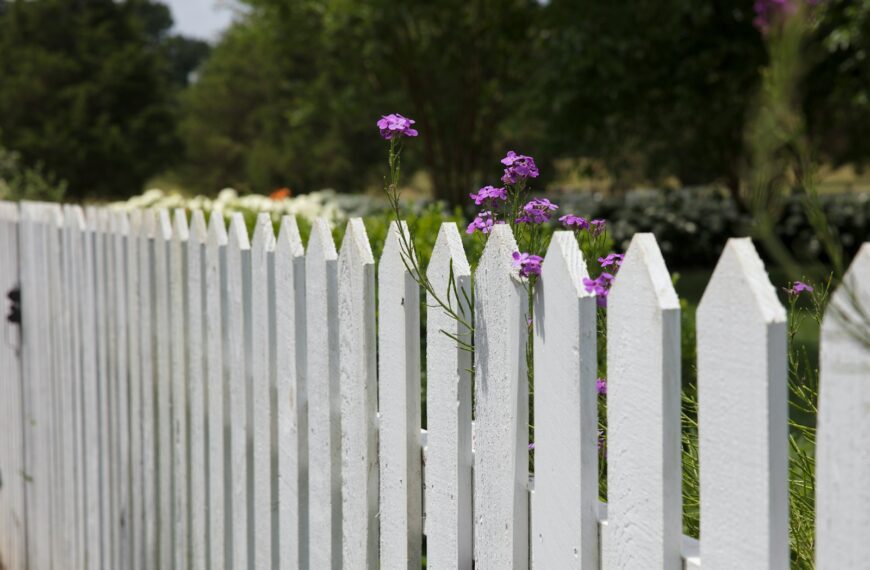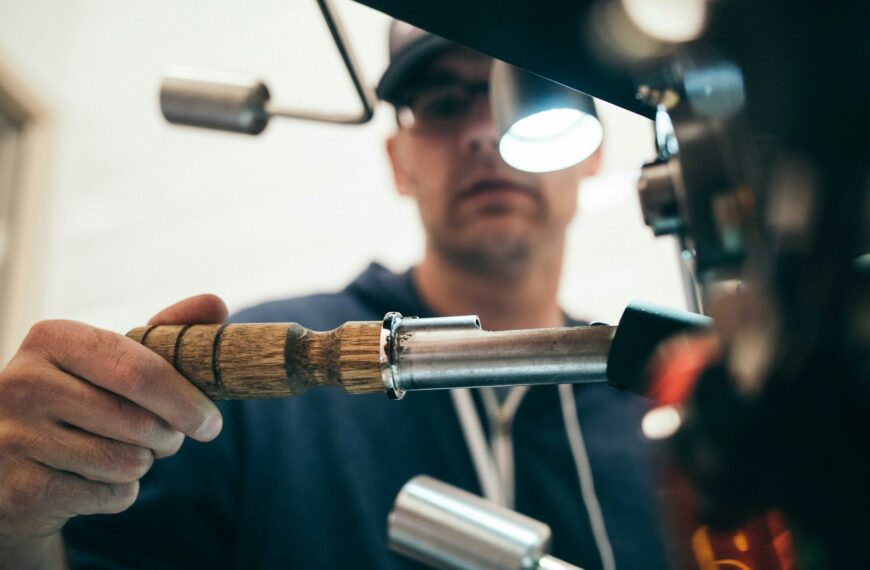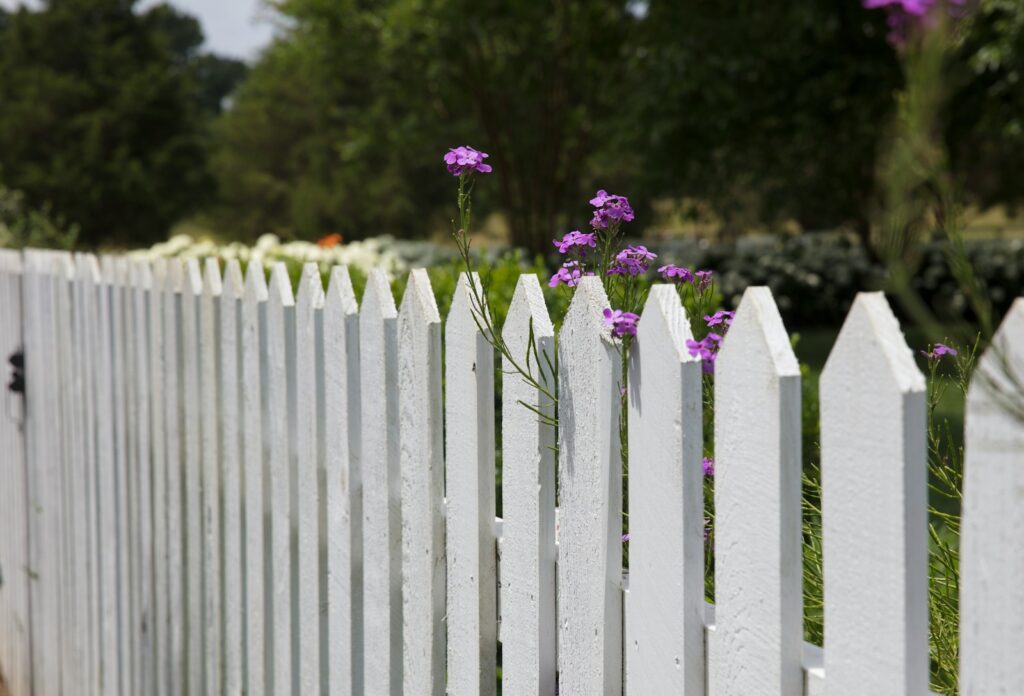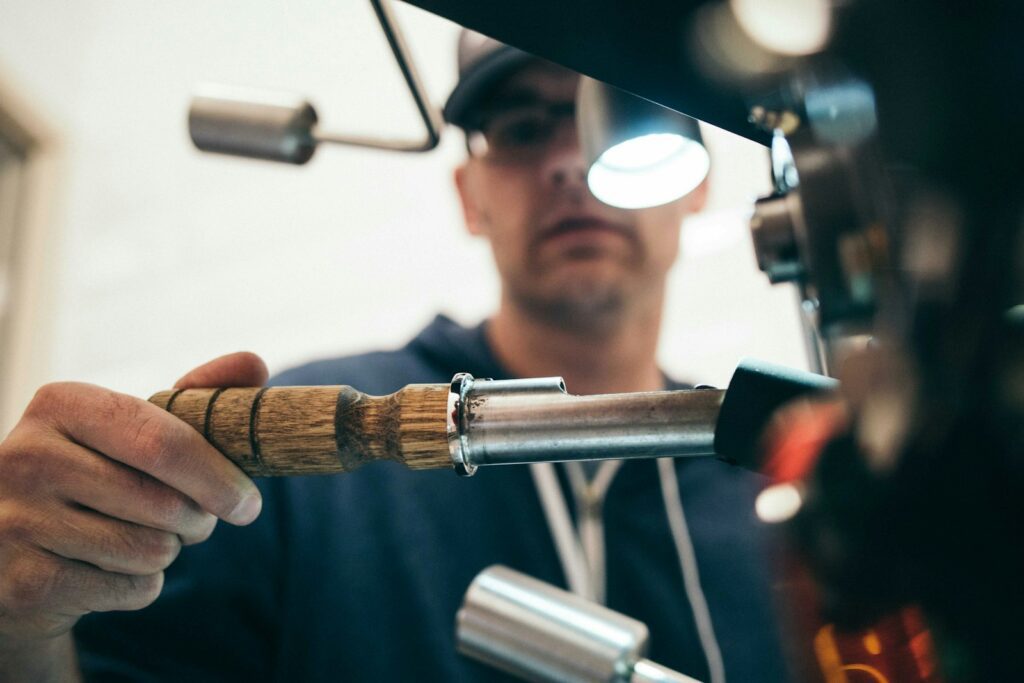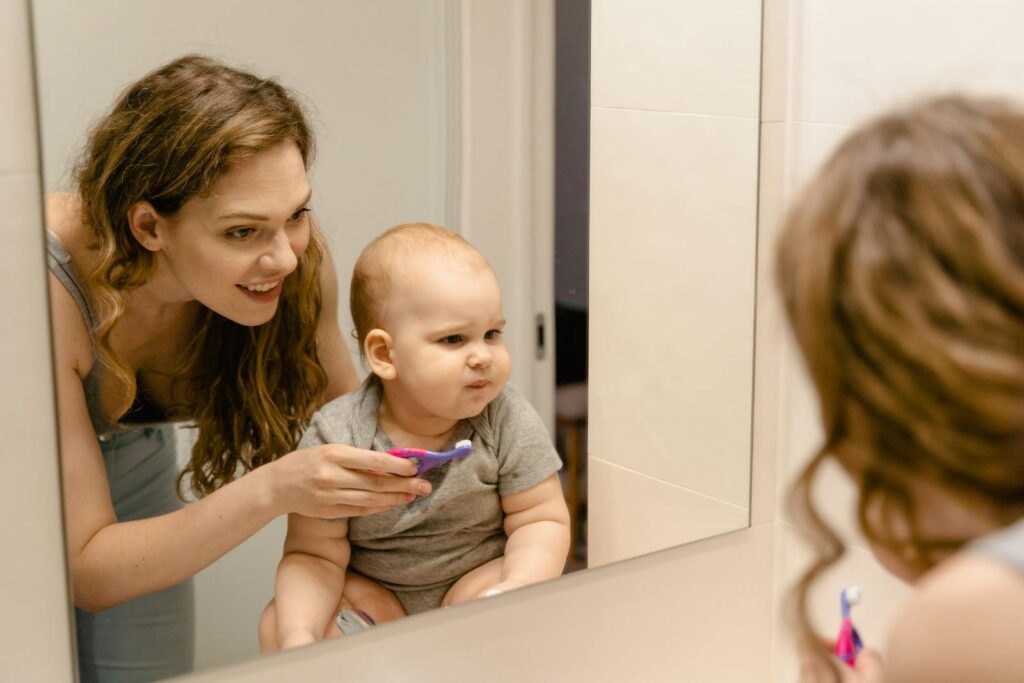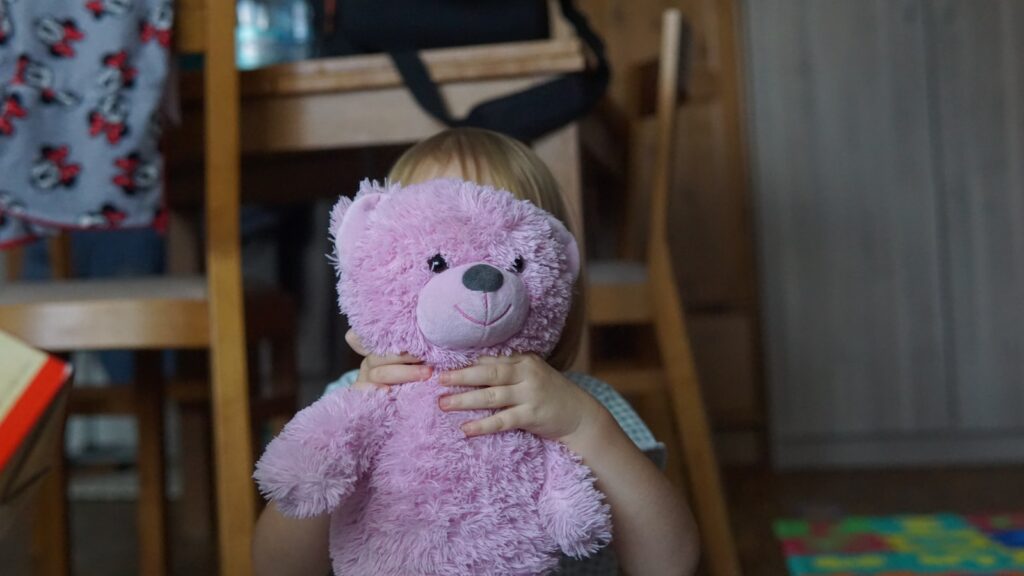We’ve all been there – staring at a cluttered room and thinking, “I’ll get to it… eventually.” But the truth is, clutter doesn’t just organize itself. It’s a beast that needs taming, yet many of us fall into the trap of making excuses that push the task further down our to-do list.
Not only does the clutter continue to grow, but these excuses also rob us of valuable time that could be spent on more enjoyable activities. Let’s explore 17 common decluttering excuses that are secretly wasting your days.
1. I might need it someday

This is probably the most common excuse we give ourselves. We hold onto items out of fear we might need them someday. It may seem logical, but it’s often a false justification. We end up with a house full of items we never use, simply taking up space.
Consider the 20/20 rule. If you can replace it in less than 20 minutes or for less than 20 dollars, it’s safe to let it go. Also, ask yourself how often you have used the item in the past year. If the answer is not at all, or very rarely, it’s probably safe to say you won’t need it in the future.
2. I don’t have time to declutter

This excuse is a classic. Yes, decluttering can be time-consuming, but the reality is that it often takes less time than we think. The problem is that we often imagine the entire task ahead, which can be overwhelming.
Break the task down into manageable chunks. Instead of trying to declutter your entire home in one day, focus on one room, or even just one drawer. Set a timer for 15 or 30 minutes and see how much you can accomplish. You’ll be surprised how much you can do in a short amount of time.
3. It was a gift

Gifts can be tricky to deal with. We often feel guilty about getting rid of them, even if we don’t like or use them. However, the purpose of a gift is to bring joy. If it’s not serving that purpose, it’s okay to let it go.
Remember, the person who gave you the gift wants you to be happy. If the gift is causing you stress because it’s adding to your clutter, it’s not serving its purpose. Consider passing it on to someone who might appreciate it more.
4. I paid a lot for it

The amount of money you spent on an item can be a difficult hurdle to overcome. It’s hard to let go of something when you remember how much it cost. But holding onto something simply because of its cost is a fallacy.
Think about the cost in terms of space and mental clutter. Is the item worth the space it’s taking up? Is it worth the stress it’s causing you? If not, it’s time to let it go. Remember, the money is already spent and holding onto the item won’t get it back.
5. I’ll lose weight and fit into it again

Clothes that no longer fit are a common form of clutter. We hold onto them in the hopes that we’ll fit into them again someday. While it’s great to have fitness goals, holding onto clothes that don’t fit isn’t helpful.
Instead of letting these clothes take up valuable closet space, consider donating them. If you reach your fitness goal in the future, you can reward yourself with new clothes that fit and flatter your body.
6. I’ll fix it someday

Broken items often lurk in our homes, taking up space. We convince ourselves that we’ll fix them someday, but that day rarely comes.
If you’ve been holding onto a broken item for more than six months, it’s time to let it go. If it was important to you, you would have fixed it by now. Free up the space for something useful.
7. It has sentimental value

Items with sentimental value can be some of the hardest to declutter. We attach memories and emotions to these items, making them difficult to part with.
However, remember that you’re not getting rid of the memory, just the item. If it’s difficult, consider taking a photo of the item before you let it go. This way, you can keep the memory without the clutter.
8. I’m not sure where to start

A cluttered home can be overwhelming. It’s easy to feel paralyzed, unsure of where to start. But this excuse only prolongs the problem.
Start small. Choose one drawer or one corner of a room. Once you’ve decluttered that area, move on to the next. The sense of accomplishment you’ll feel will motivate you to keep going.
9. It’s too big of a job

Similar to not knowing where to start, feeling overwhelmed by the size of the job can be a significant barrier to decluttering. But remember, even the largest task can be broken down into manageable parts.
Again, start small and take it one step at a time. Celebrate your progress along the way and remind yourself that every little bit helps.
10. I don’t want to waste it

The idea of waste can be a strong deterrent to decluttering. We don’t want to contribute to the landfill, so we hold onto items we no longer need or use.
But remember, just because you’re getting rid of something doesn’t mean it has to end up in the trash. Many items can be donated, recycled, or even sold. Plus, holding onto items you don’t use is a form of waste too.
11. I’ll deal with it later

Procrastination is a common enemy of decluttering. We tell ourselves we’ll deal with it later, but later often never comes.
Create a schedule for yourself. Set aside a specific time each week to tackle your clutter. Having a plan can make the task seem less daunting.
12. It’s still good

Just because an item is still in good condition doesn’t mean you need to keep it. If you’re not using it, it’s just taking up space.
Consider donating items in good condition. Not only will you free up space in your home, but you’ll also be helping someone in need.
13. I need to keep it for the kids

Many parents hold onto items for their children. While it’s nice to save a few sentimental items, you don’t need to keep everything.
Talk to your children about what they would like to keep. You might be surprised to find they aren’t as attached to the items as you are.
14. I’m too tired

Decluttering can be physically and emotionally draining. It’s easy to put it off when you’re feeling tired. However, the longer you wait, the bigger the task becomes.
Schedule your decluttering sessions for when you’re feeling energized. You’ll be more productive and the task will feel less daunting.
15. It could be worth something

We’ve all heard stories of people finding valuable items hidden in their clutter. While it’s possible, it’s not likely.
If you think an item might be valuable, take the time to have it appraised. If it’s not, let it go.
16. I can’t decide

Indecision can be a major roadblock when it comes to decluttering. It’s easy to get stuck, unsure of what to do with an item.
When in doubt, use the “one year rule.” If you haven’t used the item in the past year, it’s safe to let it go.
17. I’ll miss it

Fear of regret can be a powerful deterrent to decluttering. We worry that we’ll miss the items we get rid of. However, in most cases, once the item is gone, we don’t give it a second thought.
Consider the “out of sight, out of mind” principle. Store the item away for a few weeks. If you haven’t missed it during that time, it’s safe to say you can live without it.


